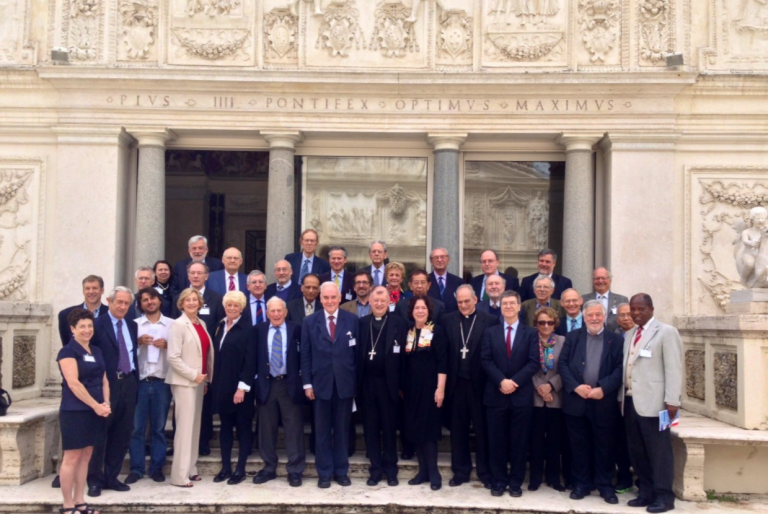Pope Francis appointed Fabio Ferrucci, Professor of Sociology of the University of Rome, an ordinary member of the Pontifical Academy of Social Sciences, reported the Holy See Press Office on Friday, May 7, 2021.
Fabio Ferrucci
Professor Ferrucci was born in Venice, Italy, on October 25, 1963. After obtaining a Licentiate in Political Science from the University of Perugia, he obtained a Doctorate in Sociology and Social Policies from the University of Bologna. He is Professor of the Sociology of Cultural Processes and Director of the Department of Humanities, Social Sciences and Education of the University of Molise.
He is a member of the International College of Doctorates in Social Work and Personal Social Services of the Catholic University of Milan. He is also a member of the Scientific Committees of several Reviews and Editorial Series. His principal areas of study are the family, the third sector, and social policies on which he has published numerous articles.
In particular, he is concerned with inclusion policies for the disabled in work and educational contexts. Since 2018 he has been a member of the Board of Directors of the National University Conference of Delegates of Directors for Disability.
Pontifical Academy of Social Sciences
As stated on its Website, Saint John Paul II created the Academy with the Motu Proprio of January 1, 1994. Every meeting of the Academy begins with a Report on the social teachings of the Church regarding the topic in question. The Academy studies the points in which it seems advisable to enhance the teachings and furnishes a constructive evaluation of them in the light of the Social Sciences.
To achieve its objectives, the Academy organizes Conferences and Workshops on specific subjects; it promotes surveys and scientific research, helps institutions and individuals undertaking such research; publishes the results of its own consultations and materials of a scientific nature.
To date, the Academy has addressed the following topics: Work and employment, democracy, globalization, intergenerational solidarity, charity and justice, solidarity and subsidiarity, human rights, crises in a global economy, religious liberty, Pacem in Terris fifty years later, and modern slavery and human trafficking.










